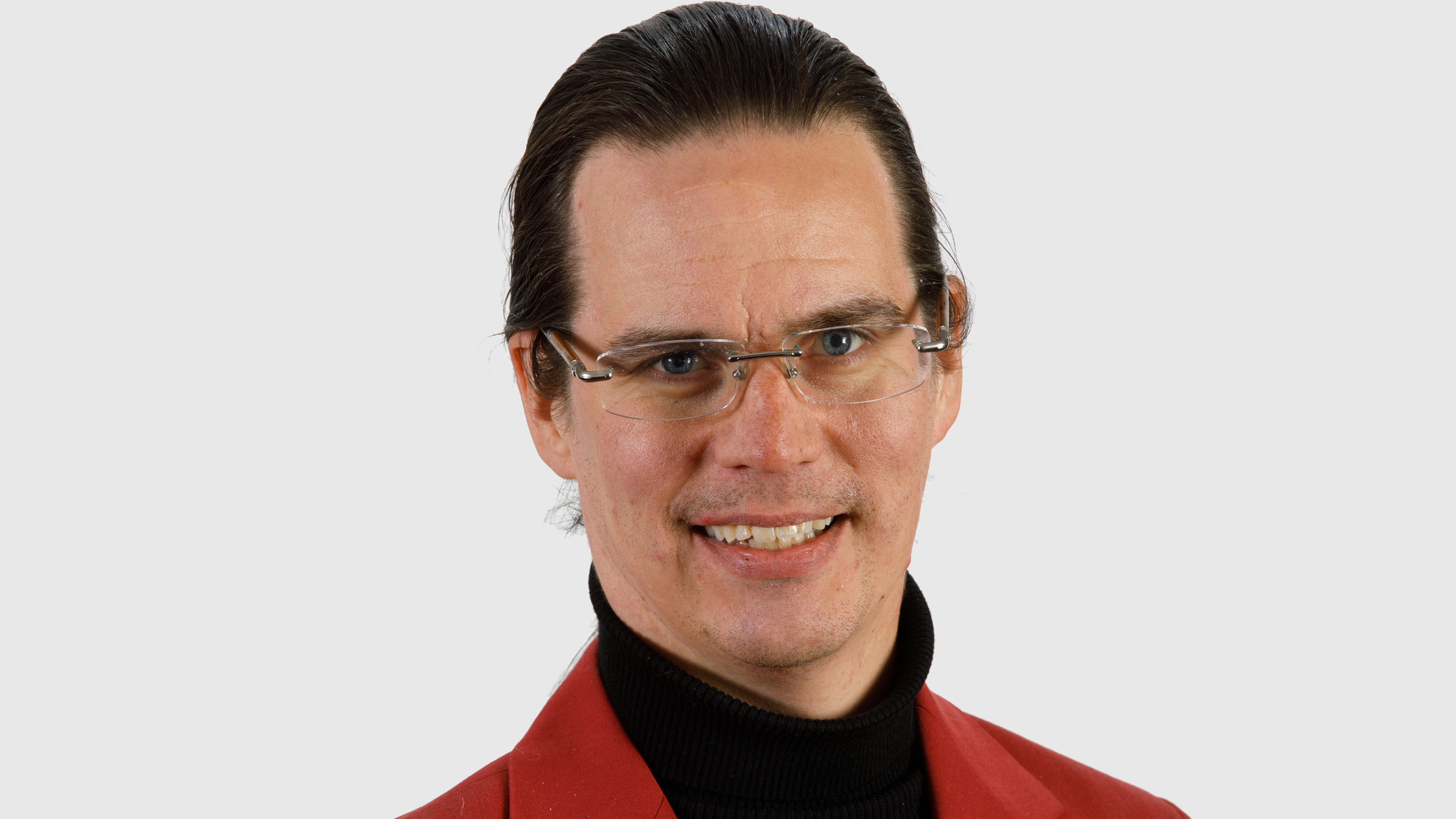Daniel Aalto
Abstract mathematics propel researcher’s innovative computer modelling to tackle common head and neck issues
Collaboration is key to pushing the most important health research forward, says Daniel Aalto.

An associate professor in the University of Alberta’s Department of Communication Sciences and Disorders, Daniel Aalto obtained his MSc and PhD in Finland before pursuing two postdoctoral appointments where he was able to apply the abstract mathematical concepts he had specialized in during his PhD.
With varied research interests based around computer modelling and simulation techniques designed to assist patients with head and neck function issues, Aalto — who is also a member of the U of A’s Neuroscience and Mental Health Institute (NMHI) and the Institute for Reconstructive Sciences in Medicine (iRSM) — finds his greatest inspiration in collaborating with his colleagues and students.
- How did you get into your area of research?
- I did a PhD in a very abstract area of mathematics called non-linear harmonic analysis.
- When I was looking for a postdoc, I wanted to do something that would apply those mathematical skills, and I landed on two different postdocs consecutively. The first one was about hearing, using those mathematical models for modelling auditory processing. The second was applying that same mathematical theory to speech production, or the acoustics of the vocal tract. One of the senior researchers in the team was a maxillofacial surgeon, and he introduced me to the surgical applications of mathematical models.
- From there, I was looking for anybody across the globe who would be doing research combining cutting-edge 3D modelling, mathematical modelling and computer simulation in the head-and-neck surgery space. It turns out there are not that many centres.
- Then I learned about the iRSM here in Edmonton, so when there was an opportunity to come here and learn more about how to use simulation for head and neck surgery, I was all for it.
- What’s the most rewarding aspect of your work?
- When I was studying mathematics, I used to love just doing my thing — kind of being immersed in the theory and in the models.
- But these days, I really get the most joy out of seeing how the research can impact other people — the students I’m training and the colleagues I get to work with. I love seeing how we can work together toward something that is improving the lives of the patients. Interacting with all the people around me is what I’ve come to enjoy most, and it’s especially meaningful when it happens in that research context.
- What’s the most challenging aspect of your work?
- It’s in the tension between individual researchers and us as a community where I find the biggest challenges. One moment I’m collaborating with somebody very closely, and the next moment I’m competing with them on a grant.
- The challenge is how to combine our individual efforts on the bigger issues that are our shared responsibility — things like convincing governments that research is worthwhile to support on a larger budget, or promoting the role of science to the public — while also continuing our own individual work.
- Where do you want your research to be in five to 10 years?
- Some of the work I’m doing right now is looking into using computer simulations and computer models of how surgery or radiation impacts jaw motion and tongue motion in the context of speech, swallowing and chewing. Something that has become increasingly important in the simulation work is the need to expand more into the neural control space, and the adaptation and rehabilitation space. In the next five years what I’m hoping to do is to make some headway in that direction.
- Right now, in the standard in biomechanical modelling of the head, neck and mouth, we use fairly simple models for neural control. So it seems, based on early patient data, that we need to work on both the assumptions and models that we use for controlling the jaw and the tongue. This is an active area of research, and it’s quite exciting.
- If you hadn't become a researcher, what do you think you'd be doing instead?
- I think if I didn’t do research, I would be in music. I might be a conductor. Before I went to university I started in a music school, and in the first year of studying I worked as an opera pianist.
- Where are some of your favourite spots for lunch around campus?
- On campus I like Filistix in the Student’s Union Building, and off campus I like Dorinku, which is not too far away from the Old Strathcona Farmers Market.